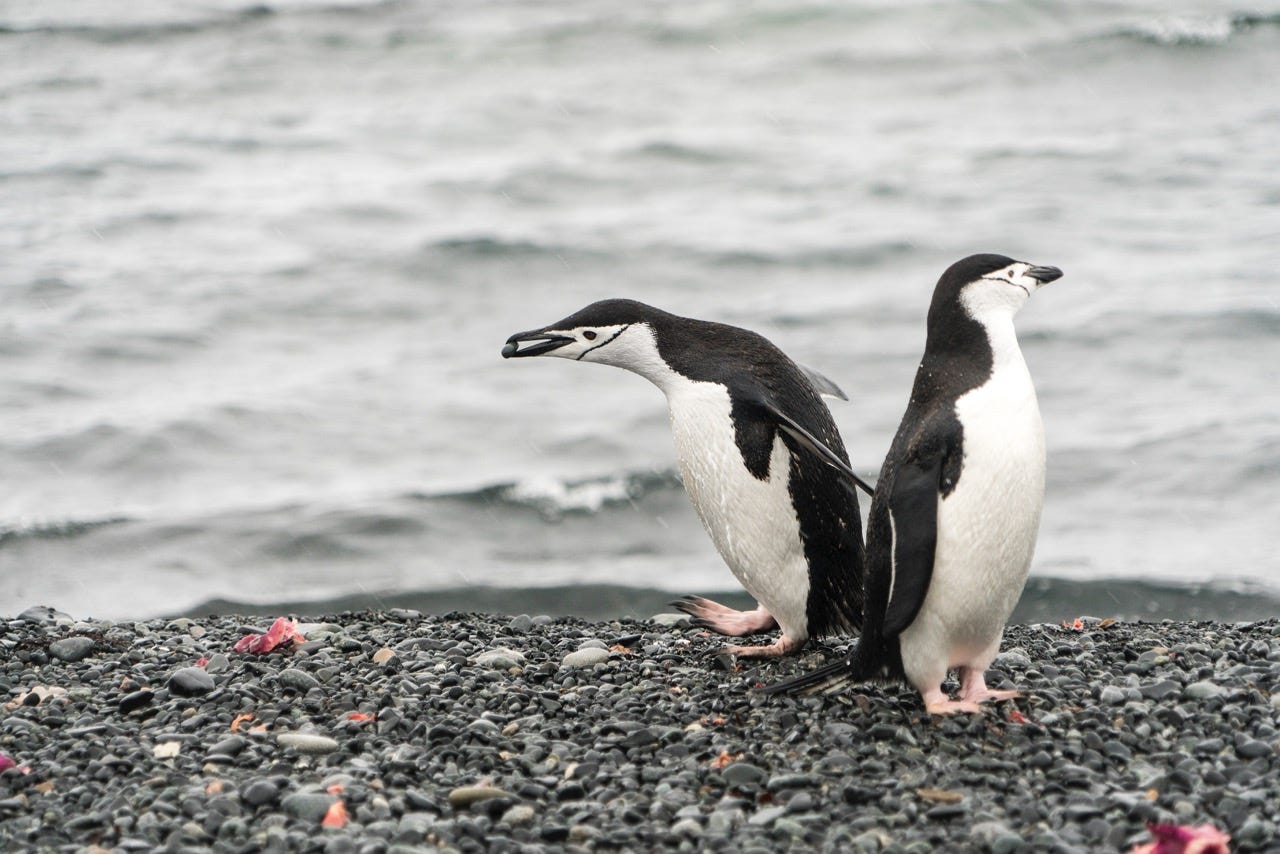Language nests, melting speeches and "food weapons"
Your favourite newsletter about language is here

If I can’t remember someone’s name, I will automatically say either “your man” or “your woman” to indicate who I’m talking about. This is a very Irish thing to do. But non-Irish people always get confused – “hang on, he’s not my man”; “she’s not her woman!”. I thought this was just a question of slang but I’ve discovered this is also known as “lethologica”. As academic Ursula Kania writes in The Conversation, struggling to find the name of an object, place, or person is very common and humans will be damned if they can’t keep the conversation going. From fillers like “um” and “ehm” to a German customer in a Welsh pub who politely asked for “food weapons” when he couldn’t recall the word “cutlery”, it seems we will linguistically fumble around in the dark to make ourselves understood.
While some struggle to find words, a study has shown that politicians tend to simplify theirs in the summer months. The research looked at 7.4 million speeches given by over 28,500 legislators between 1950 and 2019, linking temperature data from the day of the speech to the language used by legislators. The conclusion? Heat decreases language proficiency by roughly “a half month of lower educational attainment.” Although it doesn’t seem like heat is what accounts for Biden’s recent jumbled syntax during his debate with Trump and his subsequent interview with George Stephanopoulos. The American president appears to be losing his grasp on language which John McWhorter, a Columbia University academic, sees as its own form of pidgin (the mash-up that can result from the collision of two or more languages). While linguists tend to focus on how pidgins can blossom into complex languages like Jamaican patois or Creole, McWhorter, in a piece for The New York Times, shows how language can just as easily go in the other direction, unravelling into something simpler.
We love writing this newsletter. If you also love reading it, then we’re delighted. But as freelance journalists, we would really appreciate your support! If all of our subscribers contributed just £1/month that would be enough.
We may put up a low paywall in the future. In the meantime, you can pledge your support. Or you can sign up for a monthly contribution of £3 on Ko-fi (that’s the minimum allowed), where you can also just buy us a cuppa.
Speaking of pidgins, King Charles III and Queen Camilla’s visit to Guernsey was met with a chorus of Guernsey patois. Clearly being able to express yourself in your language of choice is important, which is why 40 per cent of public servants in Canada are considering quitting their jobs. Might be time for a beer in that case, a very important question for the British as a poll reveals that one in ten can order a beer in five or more languages. Do you pebble? Chances are you do. Inspired by the Gentoo penguins who leave pebbles in their mates’ nest as a form of affection, the human version of this is sending memes, links and videos that we think our loved ones would enjoy.
Sticking with nests, nearly sixty years ago this “language nest” revived te reo Māori, the Māori language, when it was approaching endangered status. Known in te reo as the Kohanga Reo model, it was the first of its kind and used total linguistic and cultural immersion: parents and toddlers were expected to speak only te reo both in the classroom and at home, and the curriculum focused solely on Māori history and culture. The rapid spread of this method paved the way for an unprecedented success of cultural reclamation. This “language nest” model has become one of the Māori’s most important exports, adopted by Indigenous communities worldwide from the Puyallup Tribe in Washington State to the Sámi in Finland.
Please don’t keep this newsletter to yourself. Share it with a friend! Or if you didn’t like it, with an enemy!
What I’ve been up to:
Writing: Last month, I wrote about a father-daughter trip to Ireland for The Independent. There was the ocean, there was the sun (surprisingly) and there were sheep (unsurprisingly).
Reading: I’ve just finished re-reading The Argonauts by Maggie Nelson which is a tour de force of a memoir offering sharp and fierce thinking around the body, desire, identity and motherhood.
Watching: At long last I’ve managed to finish the Netflix series Baby Reindeer. It’s an intense, tough watch but it tackles important themes like mental illness, shame, loneliness, the policing of stalking, sexuality and more.
Listening: Given the above watch, I’ve been in desperate need of a bit of light relief. As such, I am probably the last Irish woman to get around to Joanne McNally and Vogue Williams’ podcast My Therapist Ghosted Me but my god does it deliver.
Beyond Words is free today. But if you enjoyed this post, you can tell Beyond Words that their writing is valuable by pledging a future subscription. You won't be charged unless they enable payments.



